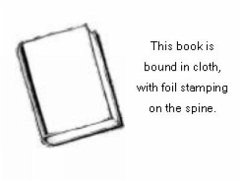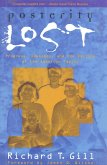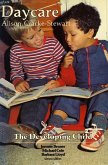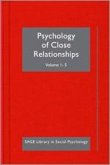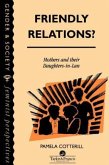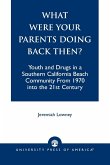This book proposes the creation of a family therapy model. The proposed model would stem from the particular circumstances of Black South African (or Azanian) families and would be context- and culture-specific. The author provides a documented account of the socio-economic and socio-political circumstances of the Azanian family. This account reveals the inextricable linkage between the Azanians family fragmentation, their condition of deprivation, and their perpetual experience of emotional upheaval. Next, the author argues that the same socio-economic and socio-political aspects which impinge upon the Azanian family are actually central to the family therapy theory and model, and, therefore, must not be ignored. The argument presented in this book demonstrates to readers how a community can be lead out of oppression and toward wholeness. This book will appeal to black and white academians and practitioners of therapy. From Fragmentation to Wholeness will be particularly appropriate for classes studying cultural diversity or the foundations for counseling and therapy. Contents: Foreword; Acknowledgments; List of Tables; List of Figures; The South African Scenario; The Genesis of Fragmentation; Fragmentation of Family; Family Therapy: A Critique of Two Major Schools.
Hinweis: Dieser Artikel kann nur an eine deutsche Lieferadresse ausgeliefert werden.
Hinweis: Dieser Artikel kann nur an eine deutsche Lieferadresse ausgeliefert werden.

